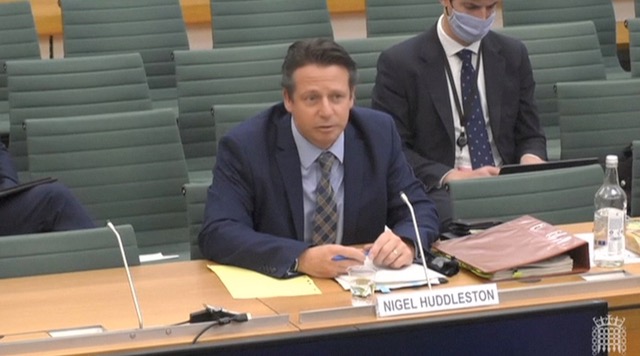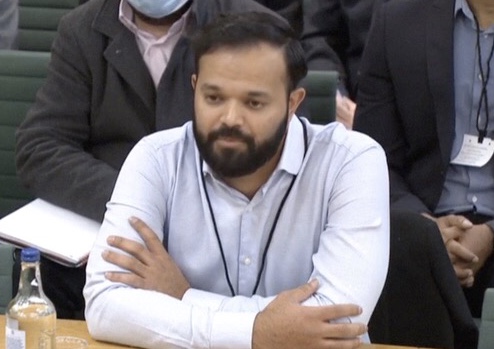A damning report published today 27th June, into the state of racism in English and Welsh Cricket has seen the cricket board issue an unreserved public apology for failing to deal effectively with racism within the sport. A two-year investigation commissioned by the England and Wales Cricket board, triggered by protests from the Black Lives Matter Movement following the test series in 2020, when England took the knee alongside their West Indian sports colleagues, found that the game ‘was riven’ with widespread institutional racism, sexism and elitism.
The report for which the forward is written by former Prime Minister, Sir John Major, saw the cricket enthusiast recalling his time during the 1950’s in Brixton when he used to play cricket with his diverse migrant neighbours. He said ‘Cricket brought us together when the impulse of the time might have kept us apart’. The report makes 44 recommendations for change.
Richard Thompson, Chair of the English and Wales Cricket board, said Monday after the publishing of the report by the Independent Commission for Equity in Cricket (ICEC):
‘We accept all the findings of the report – obviously it makes very uncomfortable reading. But the first recommendation of the report is something that I feel very strongly about and that is to offer an unreserved apology for those people that feel they have been discriminated against, marginalised and not included in the game that they should have been… We will use this moment to reset cricket’
He added:
‘Cricket should be a game for everyone, and we know that this has not always been the case…Powerful conclusions within the report also highlight that for too long women and black people were neglected. We are truly sorry for this’
In September 2020, Pakistani born cricketer, Azeem Rafiq, made a series of shocking allegations, which exposed the scandal of racism and bullying in Yorkshire cricket. An independent report upheld the majority of his accusations and his case dominated the news headlines in the UK for weeks. The fallout from the findings of the report at that time saw multiple senior resignations at the club, including the Chairman of Yorkshire cricket and Rafiq’s revelations became central to the new investigation by the England and Wales Cricket Board (ECB) and the Parliamentary Select Committee of Digital, Culture, Media and Sport.

Asked about the latest report findings, Azeem Rafiq responded:
‘It was quite emotional. You are never really sure that reports, investigations, commissions will do justice to your experiences and other peoples experiences. All those people who were brave enough to speak to the commission, I hope today that they have found a little bit of closure. Even those that are still suffering in silence, I hope that their voice has been heard a little bit.’
When asked if the majority of non-diverse and white cricket public would recognise the description of the game detailed in the report, he responded:
‘I just want to read you some of the stats. 87% of Pakistani and Bangladeshi people said that they had suffered discrimination while playing cricket. 82% of Indian people said they suffered discrimination while playing cricket. 75% of black people said that they suffered discrimination while playing cricket. 50% of all participants said that they suffered discrimination while playing cricket. I just thought that we can take them on a journey of education to understand what its like to live in these shoes.’
Azeem Rafiq openly acknowledged that the problem of racism is a society wide problem, but he said, that cannot be an excuse not to do anything. He said that ‘all he can do is to try and impact in the society and environment that he operates in – hopefully through education and coming together’
The report was also damning in its pronouncements of what it detailed as widespread sexism and elitism and was unequivocal in laying out the shortcomings of the sport. The report concluded that:
* Structural and institutional racism” continues to exist within the game.
* Women are treated as “subordinate” to men at all levels of the sport.
* There is a prevalence of “elitism and class-based discrimination” in cricket.
* Black cricket has been failed and the ECB must develop a plan to revive it.
* Many who experience discrimination do not report it because of a distrust in the authorities.
* Umpires regularly ignore abuse and dismiss complaints in both the professional and recreational games.
















